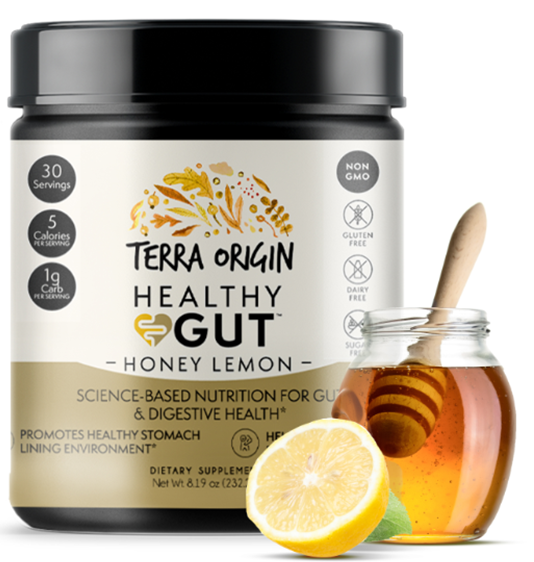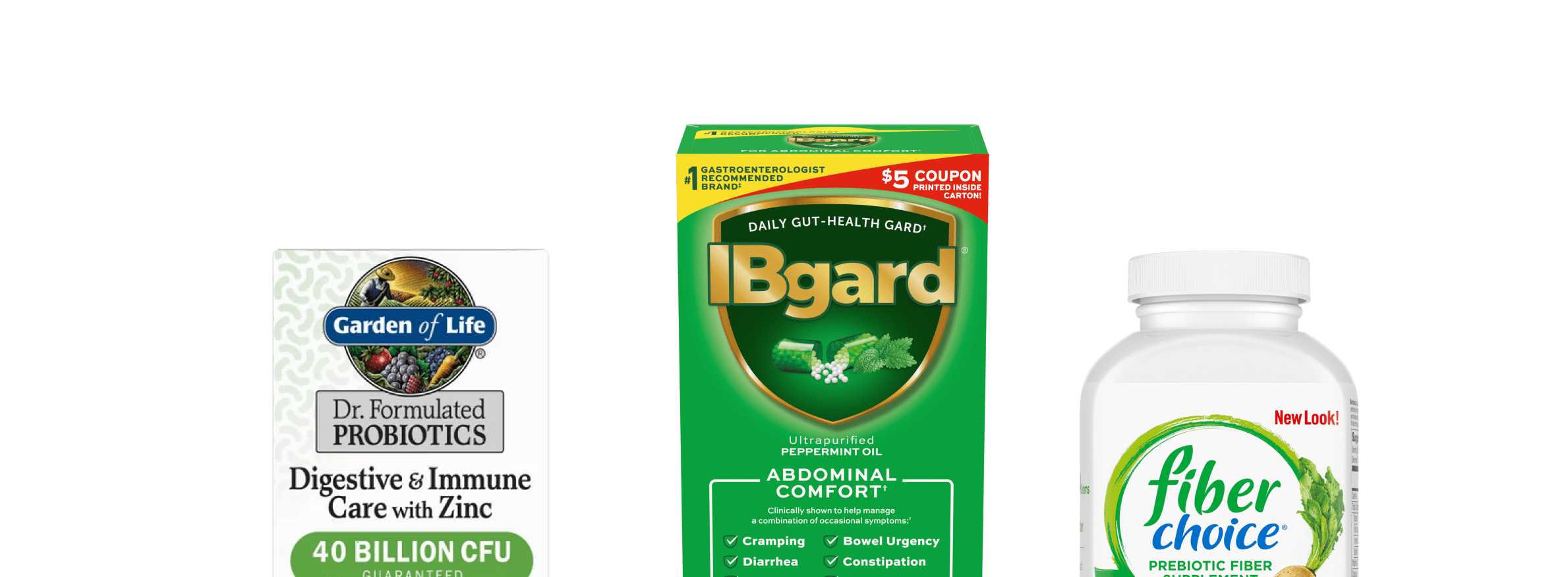Discover the Key to Digestion and Immunity With Digestive Tract Health Assistance

Understanding Intestine Health
Recognizing gut wellness is vital for overall wellness, as it plays a significant function in digestion, immunity, and also mental wellness. The gut, consisting of the gastrointestinal system, is in charge of breaking down food, soaking up nutrients, and removing waste. A well balanced gut atmosphere makes certain efficient digestion, permitting the body to utilize nutrients successfully.
In addition, gut health and wellness dramatically impacts the body immune system. The intestine houses a substantial part of the body's immune cells, and a healthy and balanced intestine can help ward off microorganisms and lower inflammation. Disruptions in digestive tract health and wellness can bring about an over active immune reaction, potentially contributing to autoimmune conditions and allergic reactions.
In addition, the gut is frequently referred to as the "2nd mind" because of the gut-brain axis, an intricate interaction network connecting the brain and the gut. This connection influences mood, cognition, and emotional well-being. Issues such as dysbiosis, characterized by an imbalance in gut bacteria, have been related to mental health conditions, consisting of anxiety and depression.
The Gut Microbiome Explained

The intestine microbiome, a diverse neighborhood of bacteria living in the gastrointestinal system, plays a pivotal role in keeping digestive system wellness and general wellness. Comprising trillions of bacteria, infections, fungi, and other germs, this complicated community aids in the food digestion of food, the synthesis of necessary nutrients, and the guideline of metabolic processes.
Each person's digestive tract microbiome is distinct, influenced by variables such as diet plan, lifestyle, genes, and environmental exposures. A well balanced microbiome supports optimum digestion by damaging down complicated carbohydrates, generating short-chain fatty acids, and facilitating the absorption of nutrients. Alternatively, a discrepancy, frequently described as dysbiosis, can result in digestive conditions, including short-tempered bowel disorder (IBS) and inflammatory bowel illness (IBD)
Research has shown that a diverse microbiome is connected with better wellness outcomes, emphasizing the importance of nutritional selections in nurturing these microbes. Foods rich in fiber, probiotics, and prebiotics, such as fruits, veggies, and fermented items, can promote a healthy and balanced microbiome. Understanding the digestive tract microbiome is essential for establishing targeted treatments focused on enhancing digestive system health and stopping gastrointestinal diseases.

Link Between Food Digestion and Immunity
A durable connection exists in between digestion and resistance, highlighting the important role of the digestive tract in maintaining general health. The intestinal tract is home to trillions of bacteria that create the digestive tract microbiome, which dramatically influences both immune responses and digestion processes. This complicated ecological community aids in damaging down food, soaking up nutrients, and offering crucial metabolites that support immune feature.
When food digestion is reliable, the digestive tract obstacle stays intact, preventing hazardous pathogens from entering the blood stream. About 70% of the immune system stays in the gut-associated read review lymphoid cells (GALT), which communicates closely with the gut microbiome.
Tips for Supporting Intestine Health And Wellness
Supporting intestine health and wellness is important for keeping both digestion efficiency and a well-functioning body immune system. To promote optimal intestine health and wellness, consider including a number of practical methods into your day-to-day routine.
First, focus on hydration. Drinking ample water supports food digestion and helps keep the mucosal lining of the intestinal tracts. Additionally, routine physical activity can improve gut motility and advertise a diverse microbiome.
Conscious eating practices are likewise essential. view Chewing food extensively and eating slowly can assist digestion and stop overeating, which may emphasize the gut. Managing tension with strategies such as reflection, yoga exercise, or deep-breathing workouts can positively influence digestive tract health and wellness, as stress and anxiety is known to disrupt digestion procedures.
Including prebiotics and probiotics right into your regimen is another effective method. While certain foods will certainly be reviewed later on, understanding the importance of these components is important. Prebiotics function as food for valuable gut bacteria, while probiotics introduce live beneficial organisms.
Lastly, avoid excessive use of antibiotics, as they can disrupt the equilibrium of intestine vegetation. By adhering to these ideas, you can substantially add to the maintenance of a healthy gut, which is essential for overall wellness and vigor.
Foods That Promote Digestive Tract Wellness

Fermented foods, such as yogurt, kefir, sauerkraut, and kimchi, are rich in probiotics, which are useful germs that support gut flora and improve food digestion. These foods can aid recover equilibrium in the digestive tract, especially after antibiotic use or digestive disturbances.
Along with fermented alternatives, prebiotic foods, such as garlic, onions, asparagus, and bananas, work as nutrients for these probiotics, promoting their growth and task. These soluble fibers sustain digestive tract motility and can alleviate concerns like bowel irregularity.
Additionally, integrating high-fiber a knockout post foods, including entire grains, veggies, vegetables, and fruits, is necessary for preserving a healthy and balanced digestive tract. Fiber aids in normal bowel movements and aids avoid digestive problems.
Finally, omega-3 fats discovered in fatty fish, flaxseeds, and walnuts have anti-inflammatory residential or commercial properties that can further sustain gut health and wellness. Stressing these foods in your diet can lead to a robust gastrointestinal system and enhanced immune function.
Verdict
In conclusion, prioritizing digestive tract health and wellness is essential for optimizing digestion and improving resistance. A well balanced intestine microbiome, affected by dietary choices and lifestyle elements, plays a vital duty in nutrient absorption and swelling decrease.
Recognizing gut health is essential for general wellness, as it plays a considerable function in digestion, immunity, and even mental health and wellness. The digestive tract houses a considerable part of the body's immune cells, and a healthy gut can help fend off pathogens and reduce inflammation.Additionally, the intestine is often referred to as the "2nd mind" due to the gut-brain axis, an intricate interaction network linking the mind and the intestine.A durable connection exists between digestion and resistance, highlighting the critical duty of the digestive tract in preserving overall health.In verdict, focusing on digestive tract health is essential for maximizing food digestion and improving immunity.